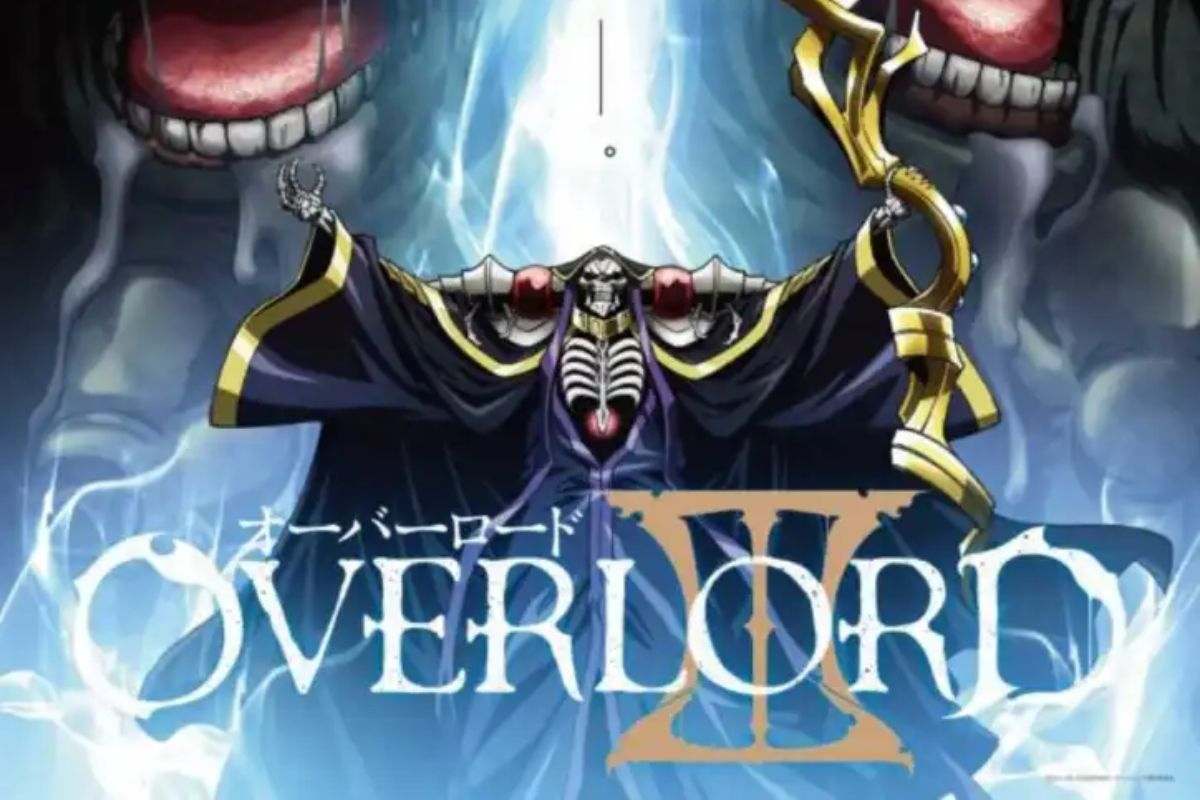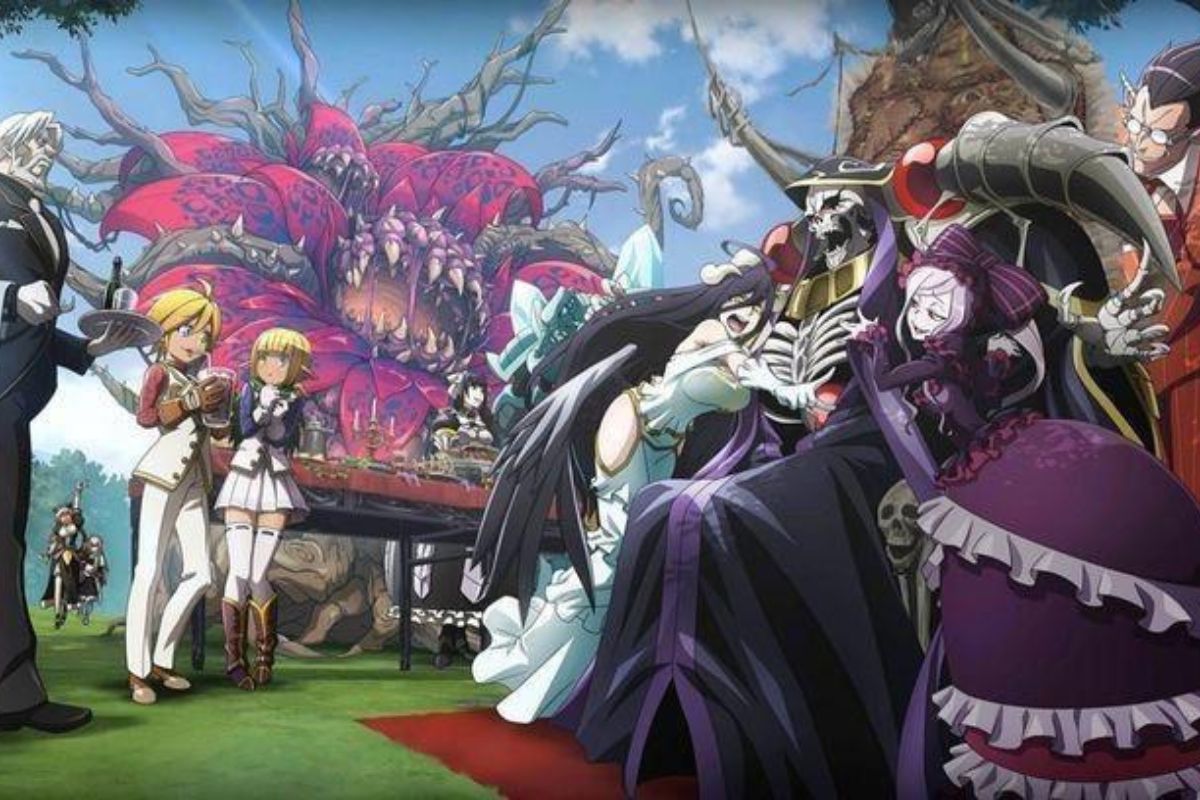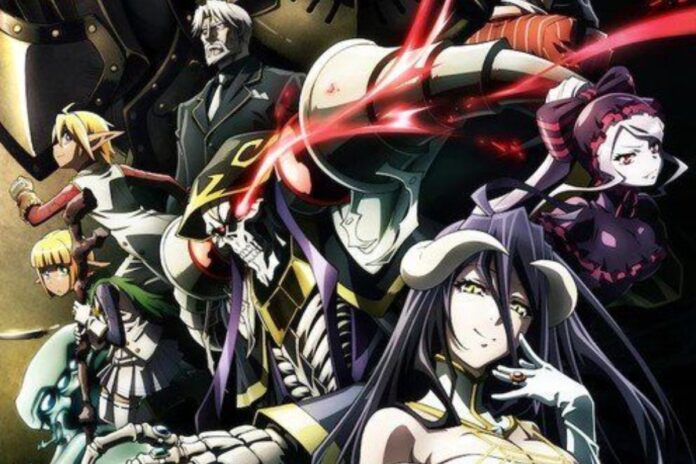Why Overlord Continues to Dominate: In a world obsessed with light, feel-good entertainment, sometimes a story comes along that dares to do the opposite. Overlord is that story, an anime that took a massive risk and—against all odds—has continued to captivate audiences for nearly a decade. The dark fantasy premiered in 2015, and now, as we near the 10-year mark, Satoshi Hino, the voice behind the series’ skeletal anti-hero Ainz Ooal Gown, has shared his thoughts on why Overlord remains a standout—both in Japan and internationally.
So, why does Overlord matter in a world saturated with isekai? The answer is simple: It turns the genre on its head. Overlord belongs to the “media transfer” sub-genre of isekai, where characters don’t just get whisked away to fantasy lands—they’re reborn into the very games they played in life. The twist? Ainz, an office worker turned skeletal overlord, doesn’t bother with typical heroics. No, he’s here to take control, and he’s not afraid to get his hands dirty.
A Dark Fantasy Where the Heroes Are Villains
What sets Overlord apart is the very thing that made Hino question its potential success. “It’s a dark fantasy centered on characters who are often treated as villains,” Hino explained in a recent interview. “At first, I wondered if people would accept it.” But this is where Overlord’s brilliance lies: it embraces the dark, complex nature of its characters, flipping the traditional narrative of good versus evil on its head.
Unlike the goody-two-shoes protagonists of other isekai tales, Ainz’s moral compass is, well, questionable at best. He’s no stranger to tyranny, as he conquers entire nations and rules over his dark empire. But that doesn’t mean there’s no nuance here. According to Hino, Ainz carries the heavy burden of leadership, balancing the weight of protecting his “family” in Nazarick while dealing with internal conflicts that gradually erode his former self. “Suzuki’s personality gradually erodes into Ainz as he deals with the conflicts he is carrying,” Hino revealed.

The Real Strength: Understanding Human Psychology
But Overlord isn’t just about world domination. It’s about understanding human (or non-human) psychology, something Hino believes is the series’ real strength. “What makes the work interesting is how the emotions behind conversations are carefully crafted,” Hino said. The series dives into the complexity of human interactions—characters saying one thing while hiding another, constantly negotiating power and trust. It’s this subtle layering of human emotion that keeps audiences hooked, alongside the show’s signature mix of seriousness, humor, and classic fantasy.
What’s Next? The Sacred Kingdom
And it doesn’t stop there. With four seasons in the bag, Overlord is gearing up for its next big release: Overlord: The Sacred Kingdom. Set to hit theaters in Japan on September 20, 2024, the film adaptation will bring the battle between the Holy Kingdom of Roble and Demon Emperor Jaldabaoth to the big screen. Hino teased that the film will crank up the intensity, saying, “The intensity of the battles, the streets of the Holy Kingdom…will all look even more effective on the big screen.”
For those eager to see it, Crunchyroll has teamed up with Sony Entertainment to ensure Overlord: The Sacred Kingdom reaches North American audiences. Screenings in the U.S. and Canada begin November 8, 2024. Until then, viewers can catch up on Overlord Seasons 1-4 via Crunchyroll’s premium streaming service.

Conclusion Of Why Overlord Continues to Dominate
In an entertainment landscape full of cookie-cutter stories and shallow characters, Overlord dares to be different. It’s a dark fantasy where the lines between good and evil blur, where human psychology takes center stage, and where an anti-hero’s journey offers a refreshing alternative to the standard hero’s tale. It’s no wonder the series continues to thrive nearly a decade after its debut—and with the release of The Sacred Kingdom, it’s clear Overlord isn’t slowing down anytime soon.
Stay Updated with the Latest Anime News.

